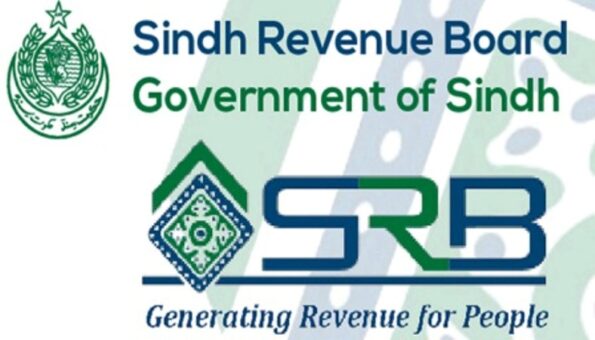KARACHI: Federal Board of Revenue (FBR) has been urged to amend laws to exclude manufacturers of fast moving consumer goods (FMCGs) from application of withholding tax under Section 236G and 236H on Income Tax Ordinance, 2001.
Karachi Chamber of Commerce and Industry (KCCI) in its proposals for budget 2021/2022, stated that manufacturers of electronics, sugar, cement, iron and steel products, fertilizer, motorcycles, pesticides, cigarettes, glass, textile, beverages, paint or foam etc., collect advance tax at 0.1 percent for persons appearing on Active Taxpayers List (ATL) and 0.2 percent for non-ATL and 0.5 percent for ATL and 1 percent for non-ATL of gross of amount of sale to distributors, dealers, wholesalers and retailers.
Most of the goods mentioned above are not fast moving consumer goods. The only FMCG is beverages on which the section 236 G & H are unjustly applied.
This tantamount to discrimination for beverage manufacturers being the only manufacturer of FMCGs manufacturer class liable to above tax.
It is not practically possible for manufacturer of FMCGs to collect income tax from dealers, distributors, wholesalers and retailers and it adds to the cost of consumer products.
The KCCI proposed that the section may be appropriately amended to exclude the manufacturers of FMCGs from being collecting agents under section –236 G & H of the Ordinance.
The chamber said that it would relieve the unjust burden of tax on consumer goods and enable manufacturers of FMCGs to pass the benefit to end-consumers.


